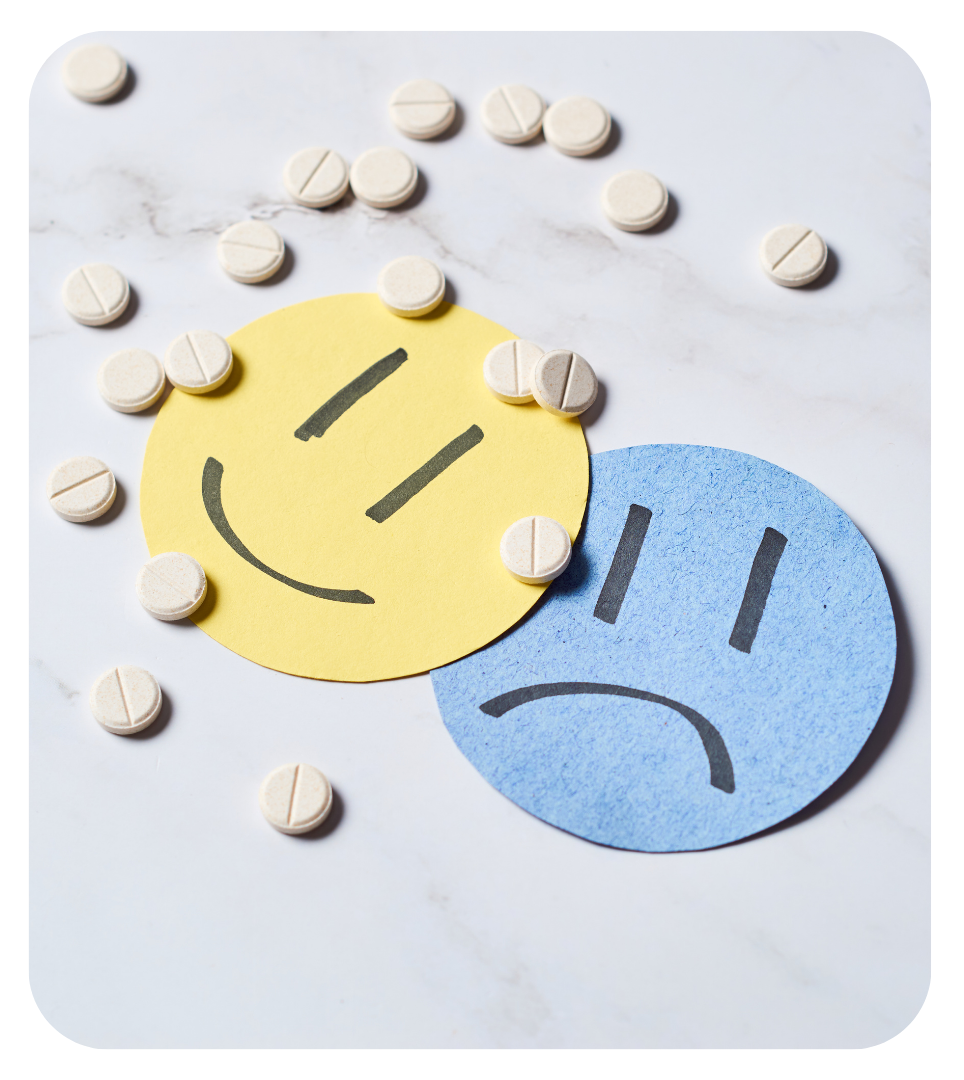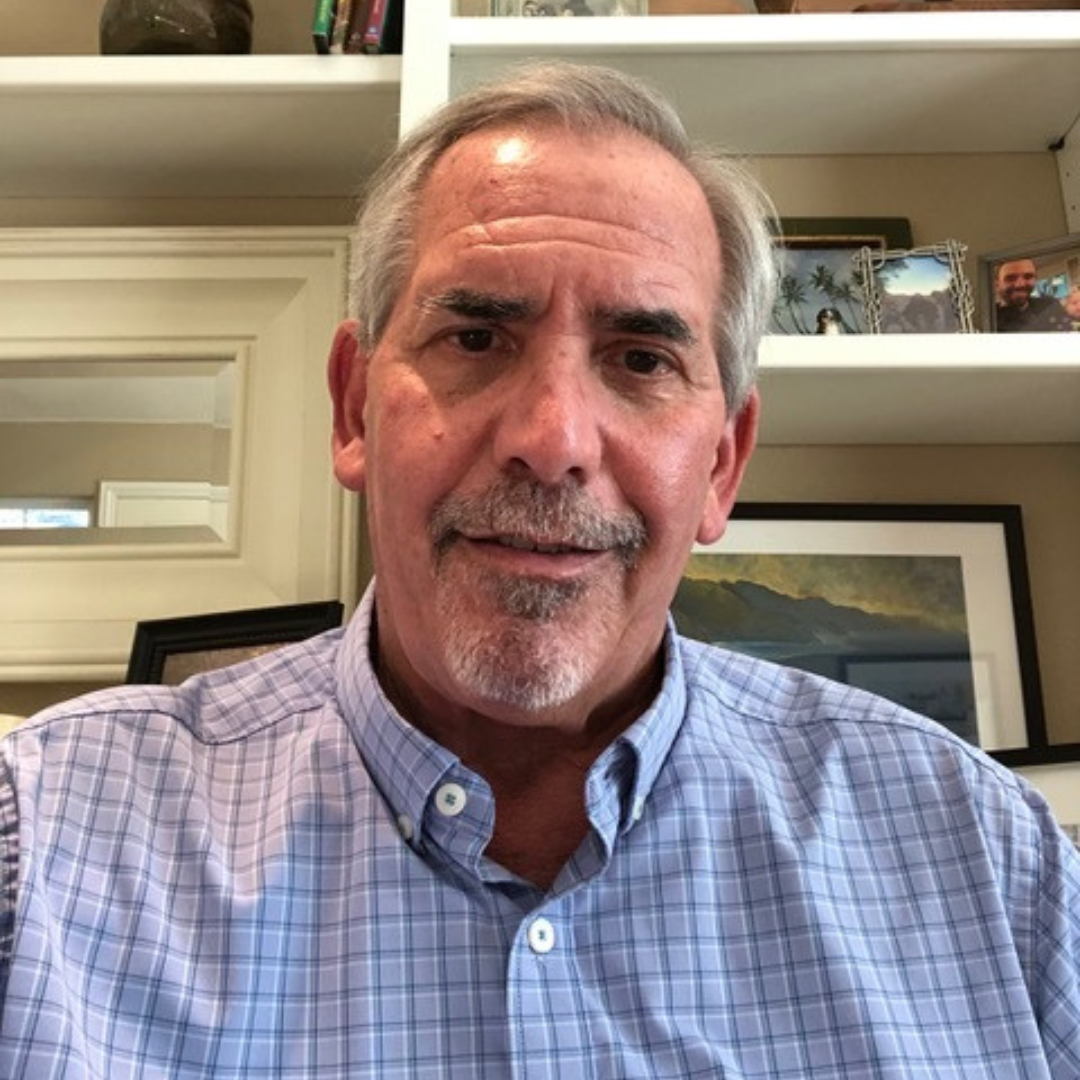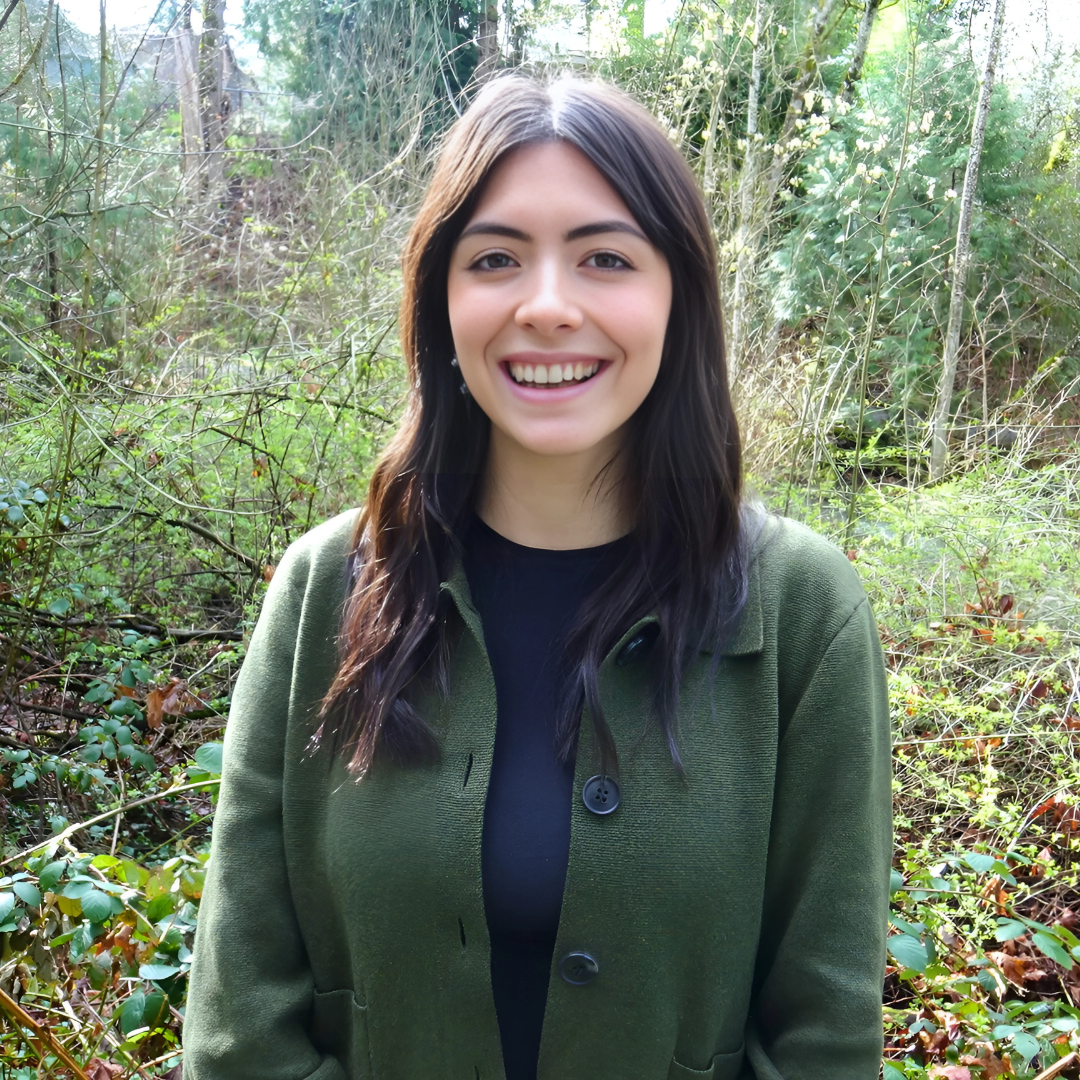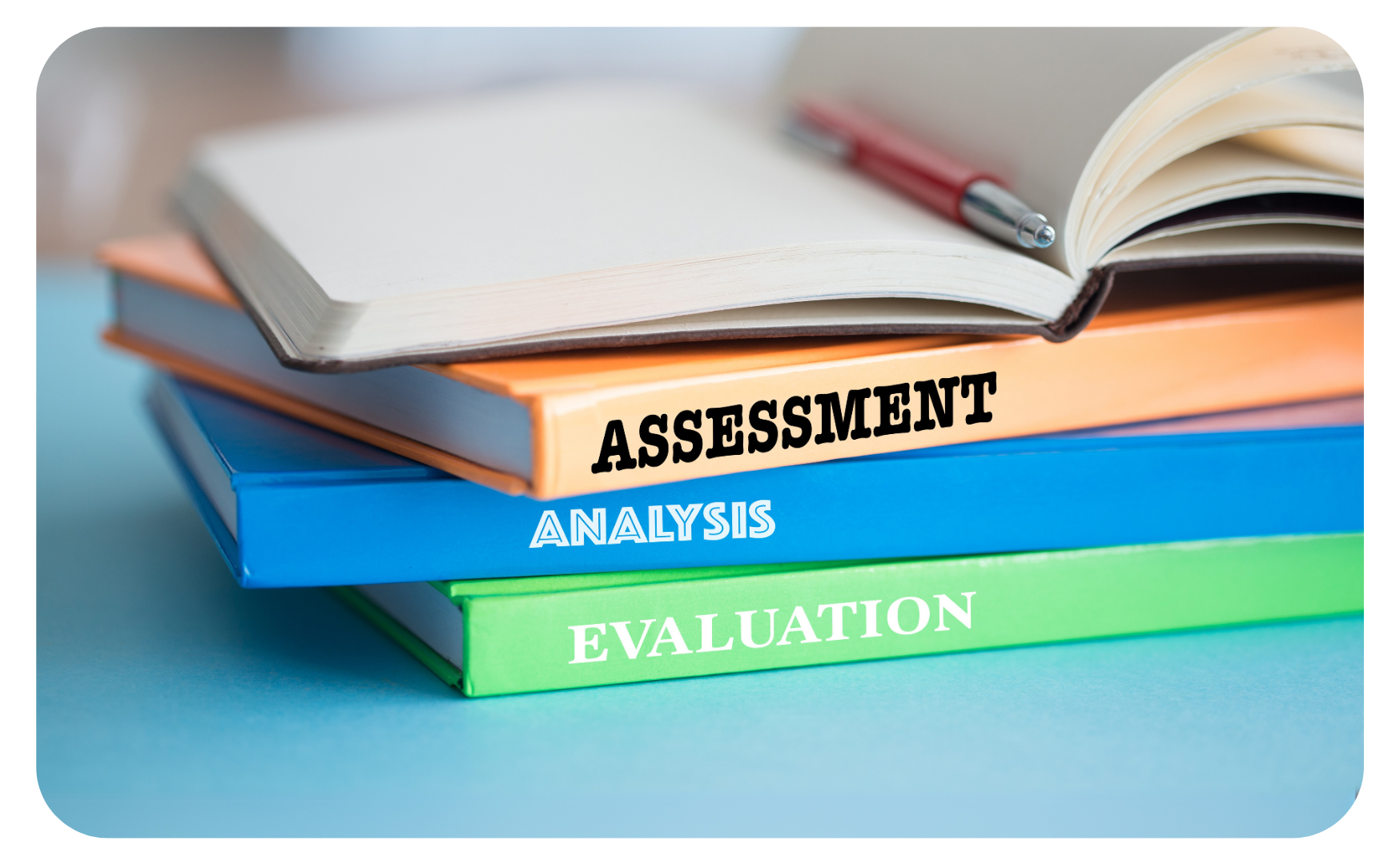Anxiety Therapy in Portland, OR
Anxiety is a condition that can be effectively treated. By looking for help, you are taking a massive step towards improving your well-being.
Therapy for Anxiety in Portland, OR
Anxiety is a condition that can be effectively treated. By looking for help,
you are taking a massive step towards improving your well-being.
Therapy for Anxiety in
Portland, OR
Anxiety is a common mental health condition characterized by persistent worry, fear, or nervousness. While it's normal to experience anxiety in stressful situations, excessive anxiety that interferes with daily life requires professional intervention.
Forest Psychological Clinic in Portland, OR specializes in providing comprehensive therapy for individuals suffering from anxiety, offering personalized and evidence-based treatments to help patients regain control of their lives.
Anxiety has skyrocketed in the US since the COVID-19 pandemic. Recent data suggests almost ⅓ of Americans are experiencing symptoms that meet the criteria for an anxiety disorder. Untreated anxiety can be debilitating and severely impact your daily routine.
People often experience anxiety in response to different situations, such as daily life stressors, social interactions, performance demands, separation from a loved one, exposure to specific fears, and trauma.There are several types of anxiety disorders, such as generalized anxiety disorder, panic disorder, social anxiety disorder, separation anxiety disorder, and other specific phobia disorders. All of these affect your quality of life.
Anxiety is a condition that can be effectively treated. By looking for help, you are taking a massive step towards improving your health. At Forest, our therapists have worked with many people who are going through similar struggles and helped them break through the constant worry holding them back.
INFORMATION:
300 Oswego Pointe, Suite 220 Lake Oswego, OR 97034

Anxiety vs. Depression
While anxiety and depression are both mental health conditions, they are distinct in their symptoms and effects. Understanding these differences can help in seeking appropriate treatment:
Anxiety: Characterized by excessive fear and worry, often about future events or situations. Symptoms include physical manifestations like a racing heart, sweating, and trembling.
Depression: Marked by persistent feelings of sadness, hopelessness, and a lack of interest in activities once enjoyed. Physical symptoms may include changes in appetite, sleep disturbances, and low energy.
Unlike anxiety, which is often future-oriented, depression is typically focused on feelings of hopelessness and worthlessness in the present or past.

How to Know If You Need Therapy
While anxiety and depression are similar, they are distinct in their symptoms and effects. Understanding these differences can help in seeking appropriate treatment:
Persistent Worry or Fear: If you find yourself constantly worrying about everyday situations and unable to control your fears, it may be a sign of an anxiety disorder.
Physical Symptoms: Chronic headaches, muscle tension, fatigue, and gastrointestinal issues can all be linked to anxiety. If you experience these symptoms regularly, it may be time to consult a therapist.
Sleep Disturbances: Difficulty falling asleep, staying asleep, or having restless sleep can be signs of anxiety. Insomnia or frequent nightmares are also indicators.
Avoidance Behavior: If you start avoiding situations or activities because they make you anxious, it’s a clear sign that anxiety is impacting your life.
Panic Attacks: Experiencing sudden and intense episodes of fear, often accompanied by physical symptoms like a racing heart, sweating, and shortness of breath, indicates panic attacks which require professional attention.
Impaired Daily Functioning: When anxiety interferes with your work, relationships, or social activities, it’s a sign that you might benefit from therapy.
Constant Restlessness: Feeling on edge, irritable, or unable to relax are common symptoms of anxiety that can disrupt your daily life.



What Should I Expect From Therapy?
At Forest Psychological Clinic, our approach to treating anxiety is multifaceted and tailored to each client's unique needs. Here's what you can expect from our in person therapy services:
Initial Assessment: The first step involves a thorough assessment of your symptoms, medical history, and personal circumstances. This helps us develop a customized treatment plan.
Personalized Treatment Plan: Based on the assessment, we'll create a treatment plan that may include cognitive-behavioral therapy (CBT), mindfulness-based stress reduction, exposure therapy, and other evidence-based techniques.
Regular Therapy Sessions: Therapy sessions are conducted in a safe and supportive environment. During these sessions, you'll work with a licensed therapist to identify and challenge negative thought patterns, develop coping strategies, and gradually face and overcome anxiety-provoking situations.
Skill Building: You'll learn practical skills to manage anxiety, such as relaxation techniques, breathing exercises, and mindfulness practices. These skills can be applied in everyday situations to reduce anxiety levels.
Ongoing Support: Therapy is an ongoing process, and our therapists provide continuous support and guidance. Regular follow-up sessions ensure that progress is maintained, and any new challenges are addressed promptly.
Collaborative Approach: We believe in a collaborative approach to therapy, involving family members or loved ones when appropriate. This holistic method ensures a strong support system for the individual undergoing treatment.
Outcome Monitoring: We regularly monitor progress through feedback and assessment tools, adjusting the treatment plan as necessary to ensure optimal results.
Help center
Questions and Answers
Find answers to the most commonly asked questions about our services and specifically therapy for anxiety portland.
What is the best therapy for anxiety?
The best anxiety treatment depends on the individual's needs, but exposure response prevention (ERP) is highly effective for managing fears and obsessive thoughts, particularly in obsessive-compulsive disorder (OCD). Dialectical behavioral therapy (DBT) also helps by teaching emotional regulation and distress tolerance, while commitment therapy encourages individuals to accept their anxious thoughts without letting them control their actions. A mental health professional, such as a licensed clinical social worker, can help determine the best therapy approach based on the severity of symptoms.
At Forest Psychological Clinic, we rely on evidence-based treatments as the primary approach to helping clients manage anxiety. Our therapists focus on proven strategies such as cognitive behavioral therapy (CBT), mindfulness, and skill-building techniques to support lasting change. In some cases, medication management or anti-anxiety medications may be a helpful complement to therapy. The best first step is to meet with one of our therapists, who can guide you in exploring the treatment options that feel right for your needs.
What is the 3-3-3 rule of anxiety?
The 3-3-3 rule is a grounding technique used as an anxiety treatment to bring awareness to the present moment. It involves naming three things you see, identifying three sounds you hear, and moving three parts of your body (such as your fingers, toes, or shoulders). This simple practice helps shift focus away from anxious thoughts and can be combined with coping skills learned in traditional talk therapy. At Forest Psychological, we have recommended treatments like this that can help with anxiety. We work with recommendations from other mental health professionals as well to create a holistic approach to care. Evidence based treatments are our primary treatment protocols and we also use those in individual therapy to not only navigate life's challenges but to create a long term benefit.
What is the 5-5-5 method for anxiety?
The 5-5-5 method is a simple breathing exercise often used in anxiety treatment to promote relaxation and reduce stress. This technique involves inhaling deeply for five seconds, holding the breath for five seconds, and then exhaling slowly for five seconds. Practicing this regularly can calm the nervous system and help you regain a sense of control during moments of heightened worry or even extreme fear.
Alongside the 5-5-5 method, our therapists rely on evidence based treatments such as cognitive behavioral therapy (CBT) and dialectical behavioral therapy (DBT). These approaches provide practical tools for managing anxious thoughts, learning how to cope, and fostering long-term change. We may also recommend individual therapy sessions tailored to your specific challenges, offering a safe and supportive space to explore triggers and practice new skills.
In consultation with other mental health professionals about additional treatment options, we have found that treatments like this can be effective. The best first step is to seek treatment with one of our therapists. Together, we can create a personalized plan that supports both immediate relief and lasting emotional well-being.
Can I live a long life with anxiety?
Yes, many people live long, fulfilling lives while managing anxiety with proper coping mechanisms and anxiety treatment. Working with a mental health professional, such as a licensed clinical social worker, and utilizing therapies like exposure response prevention (ERP) or traditional talk therapy, can significantly improve quality of life. Learning to manage stress effectively, practicing self-care, and staying committed to treatment can help reduce the long-term impact of anxiety on overall health.
What is Anxiety Disorder?
An anxiety disorder is a type of mental disorder characterized by excessive fear, worry, or nervousness that interferes with daily functioning. While it's normal to feel anxious occasionally, individuals with anxiety disorders experience persistent and often overwhelming anxiety symptoms such as restlessness, difficulty concentrating, irritability, and sleep disturbances.
There are several types of anxiety disorders, including:
Generalized anxiety disorder – chronic worry (excessive worry) about everyday situations
Social anxiety disorder – intense fear of social situations or judgment ( not just the occasional worry)
Panic disorder – sudden episodes of intense fear and physical symptoms
Separation anxiety disorder – excessive fear of being away from loved ones (relationship issues)
Post-traumatic stress disorder – anxiety linked to past trauma
Severe anxiety can affect physical health, relationships, and quality of life. Fortunately, many effective and evidence based treatments exist. A mental health provider commonly uses cognitive behaviour therapy, exposure therapy, and other evidence-based approaches to treat anxiety disorders. These therapies help people understand and manage their thoughts and reactions, offering long-term relief.
If you’re experiencing persistent anxiety, seeking support from a qualified provider is an important step toward treating anxiety and improving your overall mental health. At Forest, we want to not only provide support but also create meaningful change for people wanting to feel healthier. Meaningful change doesn't happen by accident; meaningful change happens intentionally with the help of others and professionals to help you break free.


We provide a safe space where you can find peace within yourself. Our expert therapists guide you through overcoming mental challenges with personalized care.
300 Oswego Pointe, Suite 220 Lake Oswego, OR 97034
Copyright © 2026 Forest Psychological Clinic, LLC - All Rights Reserved.

















